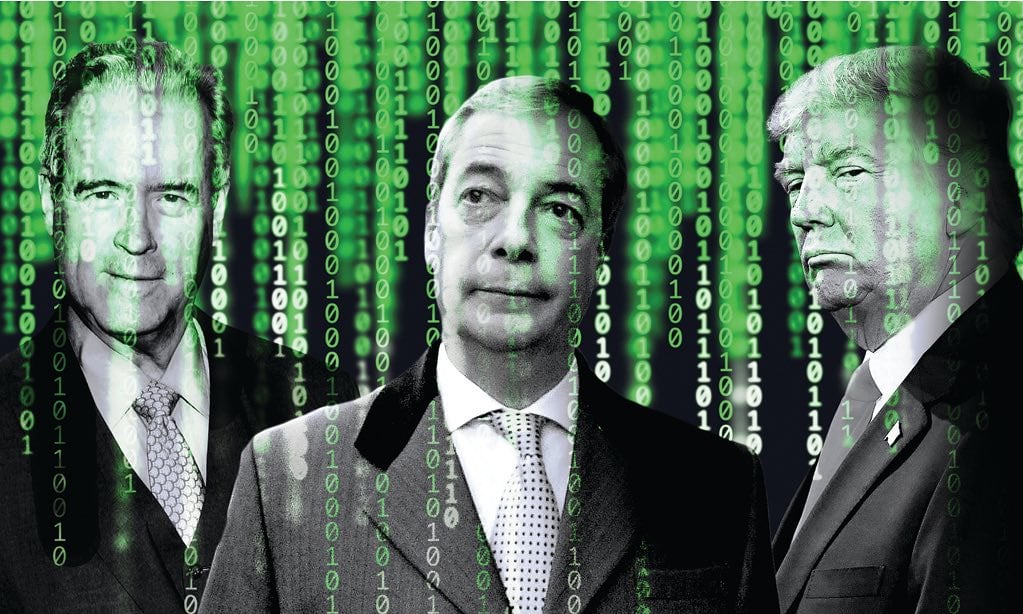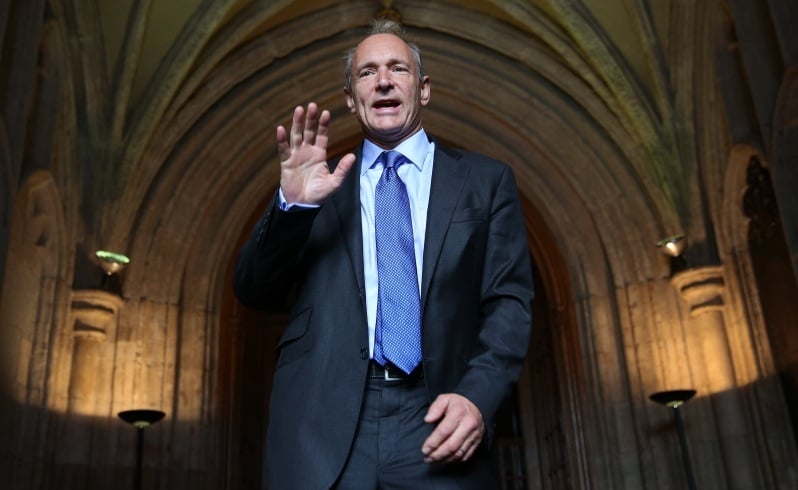Facebook Confirms Its ‘Standards’ Don’t Apply To Politicians
Facebook this week finally put into writing what users — especially politically powerful users — have known for years: its community “standards” do not, in fact, apply across the whole community. Speech from politicians is officially exempt from the platform’s fact checking and decency standards, the company has clarified, with a few exceptions. Facebook communications VP Nick Clegg, himself a former member of the UK Parliament, outlined the policy in a speech and company blog post Tuesday. Facebook has had a “newsworthiness exemption” to its content guidelines since 2016. That policy was formalized in late October of that year amid a contentious and chaotic US political season and three weeks before the presidential election that would land Donald Trump the White House.
Facebook at the time was uncertain how to handle posts from the Trump campaign, The Wall Street Journal reported. Sources told the paper that Facebook employees were sharply divided over the candidate’s rhetoric about Muslim immigrants and his stated desire for a Muslim travel ban, which several felt were in violation of the service’s hate speech standards. Eventually, the sources said, CEO Mark Zuckerberg weighed in directly and said it would be inappropriate to intervene. Months later, Facebook finally issued its policy. “We’re going to begin allowing more items that people find newsworthy, significant, or important to the public interest — even if they might otherwise violate our standards,” Facebook wrote at the time.
Facebook by default “will treat speech from politicians as newsworthy content that should, as a general rule, be seen and heard.” It won’t be subject to fact-checking because the company does not believe that it is appropriate for it to “referee political debates” or prevent a politician’s speech from both reaching its intended audience and “being subject to public debate and scrutiny.”Newsworthiness, Clegg added, will be determined by weighing the “public interest value of the piece of speech” against the risk of harm. The exception to all of this is advertising. “Standards are different for content for which the company receives payment, so if someone — even a politician or political candidate — posts ads to Facebook, those ads in theory must still meet both the community standards and Facebook’s advertising policies,” reports Ars.


